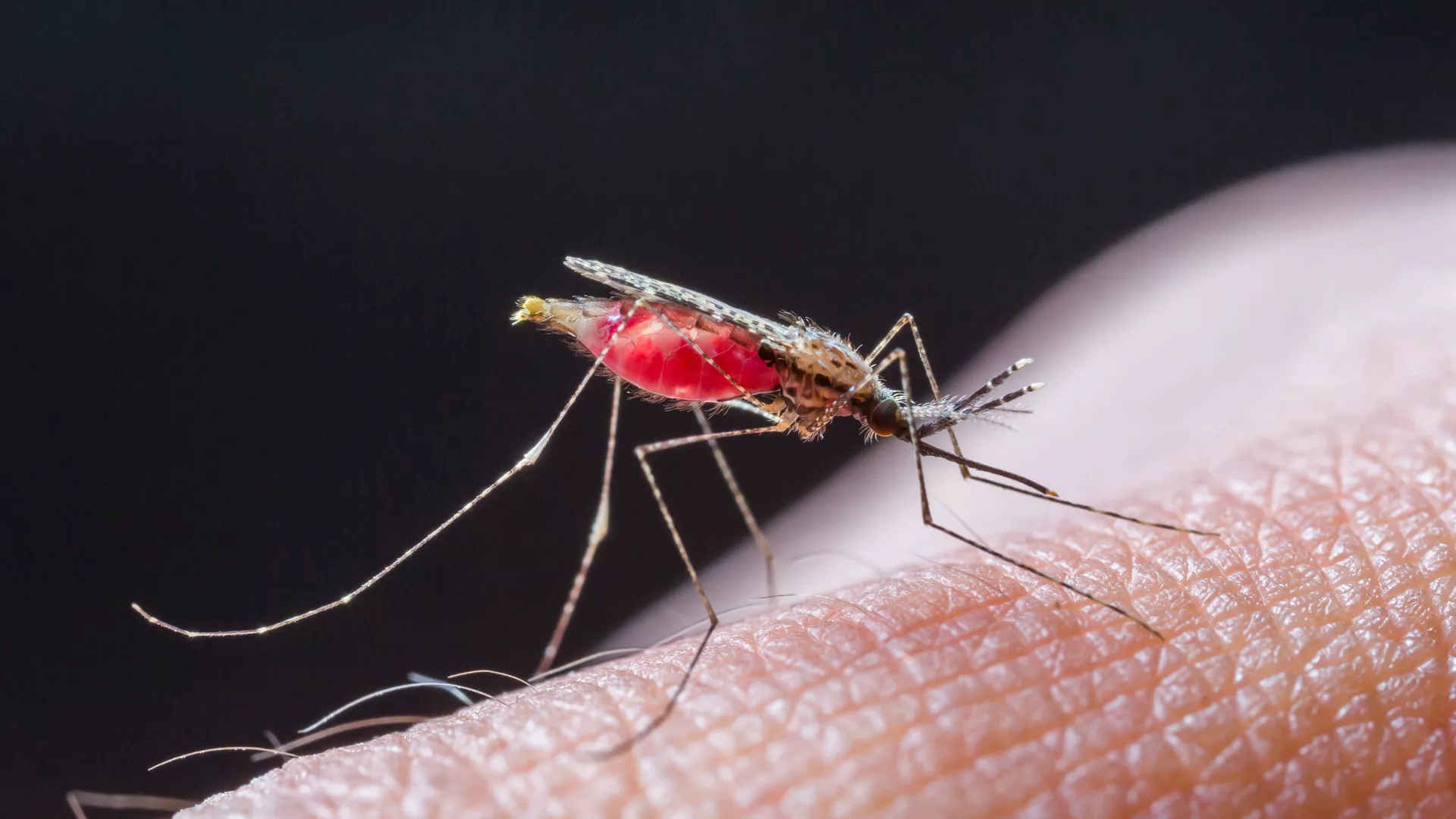Health
Capital City Sees Highest Malaria Cases in Five Years

The capital city has reported a significant rise in malaria cases, with a total of 135 cases recorded from January to date. This figure marks the highest number of cases for the same period in the last five years, as per data from the Municipal Corporation of Delhi (MCD). The data encompasses all zones within the city, including reports from the New Delhi Municipal Council (NDMC), Delhi Cantonment, and Indian Railways.
Malaria and Other Vector-Borne Diseases Surge
Within the MCD, the West Zone has been particularly affected, reporting 30 cases of malaria. Over the past few years, the city has experienced a steady increase in these cases, with 115 cases documented in 2024, 51 in 2023, 25 in 2022, and just 16 in 2021. This upward trend highlights growing public health concerns.
In addition to malaria, 20 cases of chikungunya have been reported during the same timeframe. The West and Central Zones of the MCD account for the majority of these cases. Although this year’s chikungunya numbers are slightly lower than last year’s total of 23 cases, the overall increase in vector-borne diseases poses significant challenges. Furthermore, 291 people have been diagnosed with dengue fever, exacerbating the public health crisis.
The current monsoon season has seen above-normal rainfall, with the Yamuna River nearing dangerous levels. Poor traffic management and inadequate drainage systems in many urban areas have led to persistent waterlogging and flooding. These conditions create an ideal environment for the proliferation of mosquitoes, which spread diseases such as malaria, dengue, and chikungunya.
Public Health Advisory and Immediate Action Required
Health officials advise the public to take precautions, such as covering exposed skin and using organic mosquito repellents, including neem and clove oil, when outdoors. The rising cases of vector-borne diseases highlight the urgent need for the state to address these health risks in the National Capital Region. Immediate action is required to prevent the situation from escalating into a health emergency.
As the city grapples with these challenges, it is crucial for both the government and citizens to remain vigilant and proactive in mitigating the spread of these diseases. The increasing incidence of malaria, chikungunya, and dengue not only affects public health but also underscores the importance of effective urban planning and disease prevention strategies.
-

 World5 months ago
World5 months agoSBI Announces QIP Floor Price at ₹811.05 Per Share
-

 Lifestyle5 months ago
Lifestyle5 months agoCept Unveils ₹3.1 Crore Urban Mobility Plan for Sustainable Growth
-

 Science4 months ago
Science4 months agoNew Blood Group Discovered in South Indian Woman at Rotary Centre
-

 World5 months ago
World5 months agoTorrential Rains Cause Flash Flooding in New York and New Jersey
-

 Top Stories5 months ago
Top Stories5 months agoKonkani Cultural Organisation to Host Pearl Jubilee in Abu Dhabi
-

 Sports4 months ago
Sports4 months agoBroad Advocates for Bowling Change Ahead of Final Test Against India
-

 Science5 months ago
Science5 months agoNothing Headphone 1 Review: A Bold Contender in Audio Design
-

 Top Stories5 months ago
Top Stories5 months agoAir India Crash Investigation Highlights Boeing Fuel Switch Concerns
-

 Business5 months ago
Business5 months agoIndian Stock Market Rebounds: Sensex and Nifty Rise After Four-Day Decline
-

 Sports4 months ago
Sports4 months agoCristian Totti Retires at 19: Pressure of Fame Takes Toll
-

 Politics5 months ago
Politics5 months agoAbandoned Doberman Finds New Home After Journey to Prague
-

 Top Stories5 months ago
Top Stories5 months agoPatna Bank Manager Abhishek Varun Found Dead in Well









